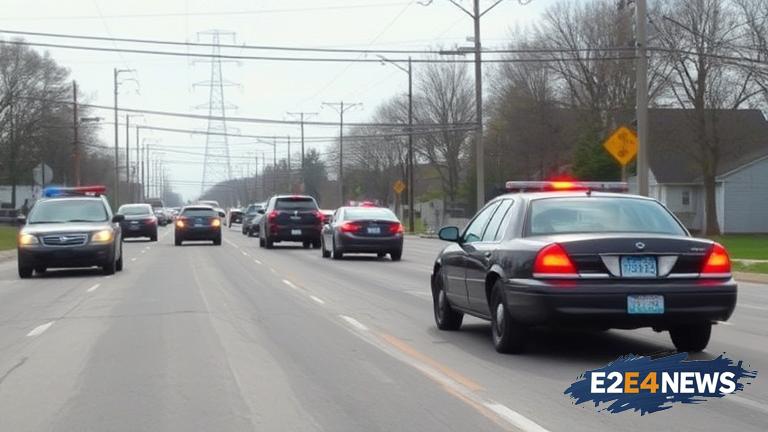In a landmark decision, the New Jersey Supreme Court has clarified the scope of the ‘hot pursuit’ warrant exception, a doctrine that allows law enforcement to enter a home without a warrant in certain circumstances. The court held that this exception does not apply to traffic offenses, marking a significant victory for civil liberties. The case in question involved a defendant who was stopped by police for a traffic violation and subsequently had their home searched without a warrant. The defendant argued that the search was unlawful, as the ‘hot pursuit’ exception did not apply to traffic offenses. The Supreme Court agreed, ruling that the exception is limited to cases involving serious crimes, such as felonies. This decision has important implications for the balance between public safety and individual rights. By limiting the ‘hot pursuit’ exception, the court has provided a check on police power and ensured that law enforcement cannot abuse their authority. The ruling also highlights the importance of warrants in protecting individual rights and preventing unreasonable searches and seizures. The ‘hot pursuit’ exception has been the subject of controversy in recent years, with some arguing that it gives law enforcement too much latitude to disregard the Fourth Amendment. The New Jersey Supreme Court’s decision helps to clarify the boundaries of this exception and ensures that it is not used to justify unlawful searches. The case has been closely watched by civil liberties groups, who argue that the ‘hot pursuit’ exception has been used to erode individual rights. The ruling is also significant because it underscores the importance of state courts in protecting individual rights. While the US Supreme Court has addressed the ‘hot pursuit’ exception in the past, state courts like the New Jersey Supreme Court play a crucial role in interpreting and applying federal constitutional law. The decision is likely to have implications for law enforcement practices in New Jersey and beyond. Police departments will need to re-examine their policies and procedures to ensure that they are complying with the ruling. The case may also have implications for pending cases involving the ‘hot pursuit’ exception. As the legal landscape continues to evolve, it is likely that we will see further challenges to the ‘hot pursuit’ exception in the coming years. The New Jersey Supreme Court’s decision is a significant step forward in protecting individual rights and ensuring that law enforcement is held accountable for their actions. By limiting the ‘hot pursuit’ exception, the court has helped to prevent abuses of power and protect the integrity of the Fourth Amendment. The ruling is a testament to the importance of judicial oversight and the need for courts to carefully consider the implications of their decisions. In conclusion, the New Jersey Supreme Court’s decision is a major victory for civil liberties and a significant check on police power. The ruling highlights the importance of warrants, judicial oversight, and the need to protect individual rights. As the legal landscape continues to evolve, it is likely that we will see further challenges to the ‘hot pursuit’ exception and ongoing debates about the balance between public safety and individual rights.
